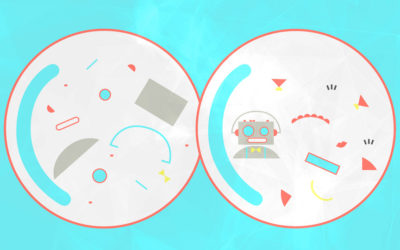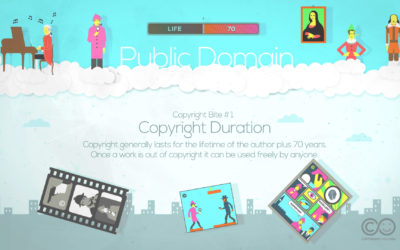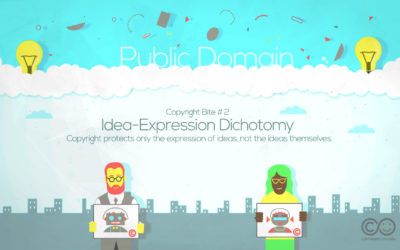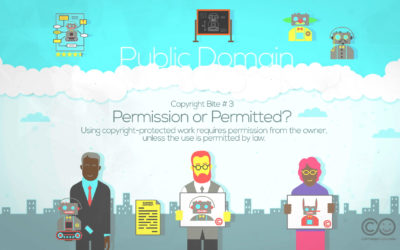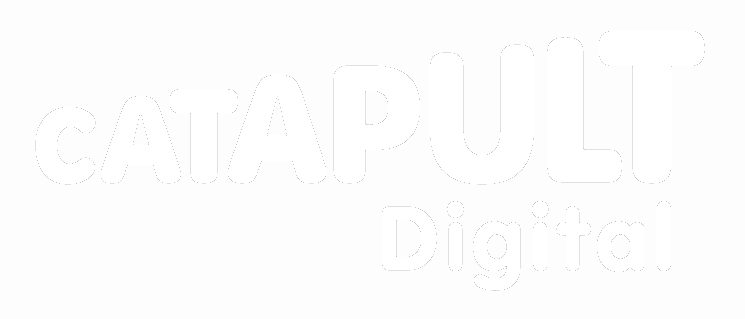Copyright Bite #2.3
 Copyright protects only the expression of ideas, not the ideas themselves. In the UK the law also typically requires that your work is fixed in some tangible form before it can be copyright-protected. Dick’s idea for a robot is fixed in a tangible form when he draws it in his sketch pad.
Copyright protects only the expression of ideas, not the ideas themselves. In the UK the law also typically requires that your work is fixed in some tangible form before it can be copyright-protected. Dick’s idea for a robot is fixed in a tangible form when he draws it in his sketch pad.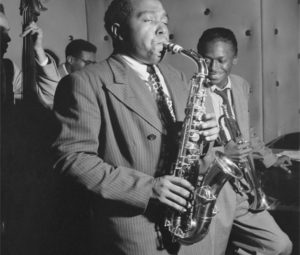 Generally, when considering artistic works, such as a photograph or a drawing, the point of creation and the point of fixation occur in the same moment. However, this is not necessarily true for literary, dramatic or musical works. Jazz musicians, for example, often improvise when playing or performing, but unless their improvisations are recorded or fixed in some way they will not be protected by copyright.
Generally, when considering artistic works, such as a photograph or a drawing, the point of creation and the point of fixation occur in the same moment. However, this is not necessarily true for literary, dramatic or musical works. Jazz musicians, for example, often improvise when playing or performing, but unless their improvisations are recorded or fixed in some way they will not be protected by copyright.More from Bite #2
Copyright Bite #2.1
There are many things that copyright does not protect. It does not protect information or facts, principles, concepts or ideas.
Copyright Bite #2.2
In the video, Dick, an illustrator, decides to draw a robot. Robots are cool, thinks Dick. His idea is that the robot should be made up of simple geometric shapes, but with a mouth like a thermometer or a ruler.
Copyright Bite #2.4
When creating new work it is natural to be inspired by the work of others. Copyright promotes creativity by providing authors with rights in their work while allowing others to make use of that work in certain ways.
More Copyright Bites
Copyright Bite #1
Copyright Bite #1 considers how long copyright lasts and what it means to say that a work is protected by copyright or in the public domain.
Copyright Bite #2
Copyright Bite #2 explores how copyright protects only the expression of ideas and not ideas themselves.
Copyright Bite #3
Copyright Bite #3 considers how you can lawfully make use of, or borrow from, works that are still in copyright, but without having to ask for permission or make payment to the copyright owner.
Copyright Bites Credits
Copyright Bites: Credits and Acknowledgements



